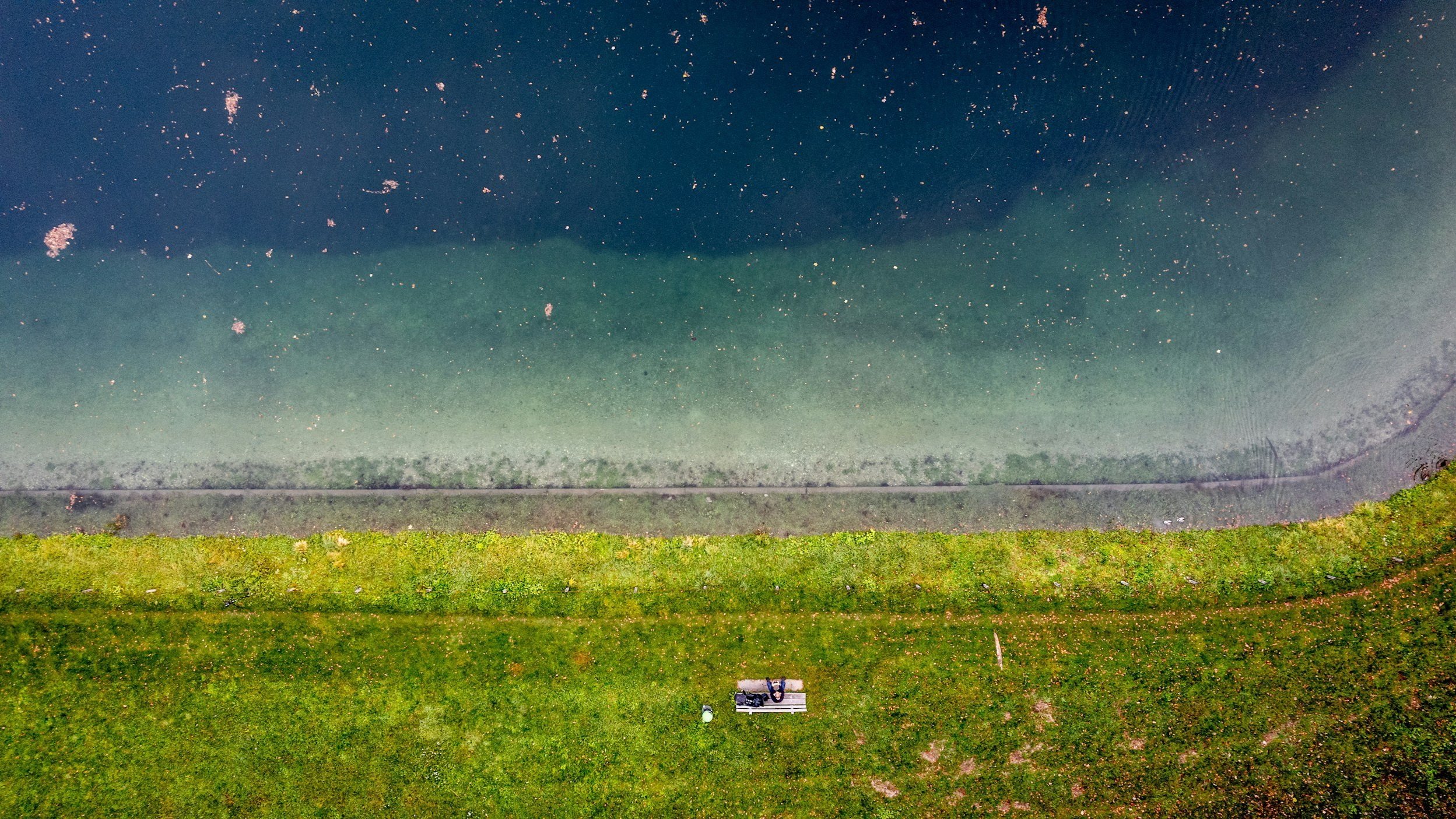Of mind and soul
A lake by the garden or a starry sky over a green field?
Every time I look up at the sky and watch the clouds drift by, I’m reminded of the beauty of perspectives. To one person, those clouds might form a dragon chasing its prey; to another, it might look like a ship sailing across an endless sea. Neither is wrong, and neither is entirely right. They’re simply interpretations—ways of making sense of what we see. And isn’t that what makes it beautiful? That we can each see the same thing but understand it differently?
It’s this curiosity about perspectives that’s led me to reflect on two ways of engaging with reality: intellectual and spiritual. At first glance, they often seem like two distinct journeys—one rational, the other experiential. Yet, the more I think about it, the more I feel that these paths might be intertwined in ways we don’t immediately see. Perhaps, in their own ways, they both lead us toward understanding the essence of nature and our place within it.
The Path of Intellectual Understanding
Intellectual growth feels like the pursuit of curiosity, the cultivation of critical thinking, and the willingness to engage with complexity. It’s about unraveling mysteries—exploring science, philosophy, and the mechanics of reality.
Take, for instance, the way we study the stars. Through telescopes and equations, we’ve learned to chart constellations, calculate distances, and even uncover the birthplaces of galaxies. It’s awe-inspiring, isn’t it? But sometimes, I wonder if this pursuit, while illuminating, can also feel distant—like gazing at the universe through a telescope. The connections we seek can feel just out of reach, as though the very act of studying creates a divide between us and what we hope to know.
The Path of Spiritual Understanding
Spiritual understanding, on the other hand, seems to dissolve the need for questions altogether. It’s less about analyzing and more about experiencing. It doesn’t dissect the universe but invites us to merge with it, to feel its rhythm.
Think about the way a quiet moment in nature makes you feel. Sitting by the ocean or walking through a forest, there’s a sense of connection—something that transcends thought. Spiritual understanding doesn’t ask, “How does the ocean’s tide work?” It asks, “What does it mean to feel the tide pull at your feet?” It’s the difference between charting the currents and swimming in them.
Instead of asking, “How does the universe work?” spirituality leans into, “What does it mean to simply be?”
Two Perspectives, One Horizon
What intrigues me is how these two journeys might complement each other. Could it be that the intellectually curious mind, in its relentless quest for answers, might eventually find itself standing at the door of the spiritual? Or that the spiritually grounded, in their deep connection with the flow of existence, might uncover truths that resonate with intellectual insight?
Take the example of a scientist who spends their life studying ecosystems, only to find moments of profound stillness and wonder within them—a sense of oneness they can’t quite explain. Or a spiritual seeker who, in their quiet meditations, realizes something fundamental about the patterns of life that echoes scientific truths.
To me, it feels like these paths are less separate and more interwoven—different perspectives, perhaps, on the same truth.
Harmony Between the Two
Neither path diminishes the other. Instead, they inform and enrich one another. Intellectual growth sharpens the questions; spiritual awareness softens the answers. Together, they guide us toward a life lived in alignment with nature’s essence—a life where curiosity meets surrender, and understanding meets acceptance.
Think of intellectual understanding as learning the ocean’s depths and currents, while spiritual understanding is the act of diving into its waters, feeling its embrace. Together, they offer a complete immersion in the truth. And perhaps the ultimate growth lies in recognizing that both paths are necessary.
An Invitation to Wonder
But this is, of course, just my perspective—a reflection of how I see these paths unfolding. And maybe that’s the beauty of it. Each of us walks our own journey, finding meaning in ways that resonate with our essence.
So, I ask you: How do you see these two paths? Do you feel they converge, or are they entirely separate? And in exploring their similarities or differences, what does that say about the nature of reality and our place within it? Perhaps the journey itself holds the answers we seek—or maybe, just maybe, it’s enough to simply wonder.
